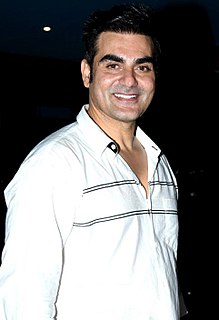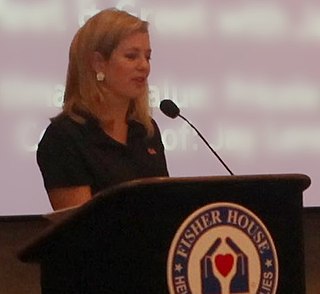A Quote by Sam Mendes
The importance of rehearsal is maybe you want to talk about how the scene's going to be designed, how it's going to be staged, all of those things. It's all about preparation, and deciding what mutually you don't want to do, rather than necessarily what you do.
Related Quotes
When you talk about what you want and why you want it, there's usually less resistance within you than when you talk about what you want and how you're going to get it. When you pose questions you don't have answers for, like how, where, when, who, it sets up a contradictory vibration that slows everything down.
Some directors hand over portions of their movie to their head of department to the point where it's like, "I'm not going to talk to you about the costumes, but I'm going to let you talk to the expert." Rather than, "You want to talk stitching, let's talk stitching. You want to talk grade of leather? Let's."
When I talk about how we're going to pay for education, how we're going to invest in infrastructure, how we're going to get the cost of prescription drugs down, and a lot of the other issues that people talk to me about all the time, I've made it very clear we are going where the money is. We are going to ask the wealthy and corporations to pay their fair share.
I try to be aware of what I'm concerned about, aware of how I feel about myself in the world, aware of how I feel about the issues of the day, but I guess I don't want to write essays in my head about my craft and maybe it's because I teach and talk about craft of other writers as a reader. I feel the moment I start doing that is when it's going to kill me.
Being a doctor, I worry that the patient may be uncomfortable about sharing something. It could be sexual dysfunction, an eating disorder, depression, domestic violence - these are serious topics many people don't want to talk about. I'll try to follow up with questions like: How are things at home? How's work? But we don't always have time to probe. Don't be afraid to bring up the important things going on in your life, even if they don't feel 'medical.' Your doctor would rather know than not know.
I'm not going to force your participation in a conversation, I'm going to say I can be an example that these things can exist and don't have to be mutually exclusive. Like being a queer artist and being a Christian. Those things don't have to be mutually exclusive and I'm just going to be honest about them so that you know.
Are we, as humans, gaining any insight on how to talk about ourselves and how something as abstract as a Charlie Parker record gets us into a dialogue about our emotions and our thoughts? Sometimes we lose sight that the music has a wider context. So I want to continue those dialogues. Those are the things I want to foster.
I have been so blessed not only to talk about things that I want to talk about in my industry, but also to have a platform - and people want to hear about it. People want the change; people want the difference; people want to know what's going on. People want to see themselves in the industry that for so long has ostracized girls of my size.
I don't think there's a right or wrong things in your style. It's about how you clearly reflect who you are; how you more clearly tell the story. Who are you? How do you want to transmit that to the world, and how do you more clearly say that? Then I have a philosophy, FFPS: fit, fabric, proportion, and silhouette. Proportion's everything, really, knowing your body and understanding that. Those things have been really crucial for me. It's about being clear about the story you want to tell to the world about who you are - and maybe a little bit of FFPS.
I'm such a believer in going to set, even when you're not work because I think the best things to be learned, you don't necessarily get from your own scene or from someone speaking to you and telling you advice. I think it's all about watching and just taking it all in. It's not even when the cameras are rolling, necessarily. You can see how they interact with the rest of the crew, and how they deal with being a character and then being themselves.






































